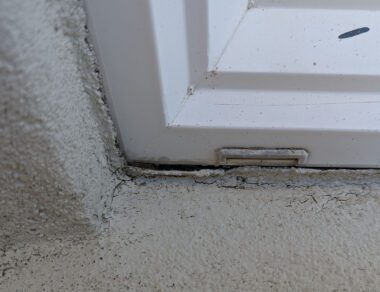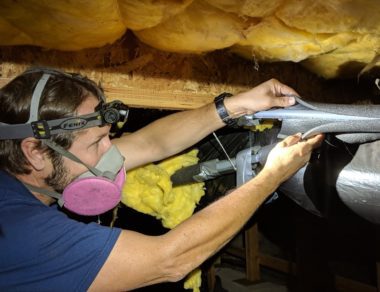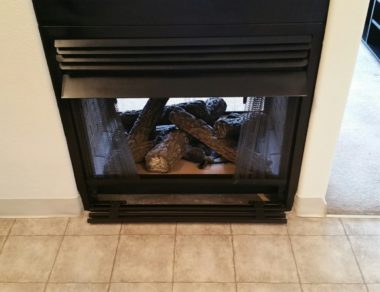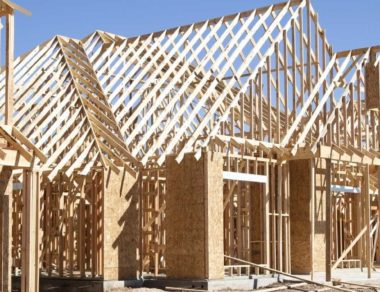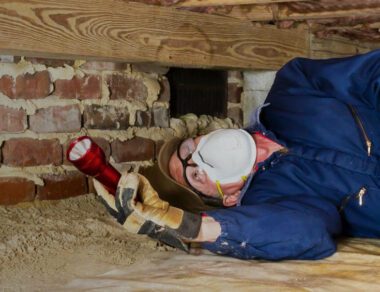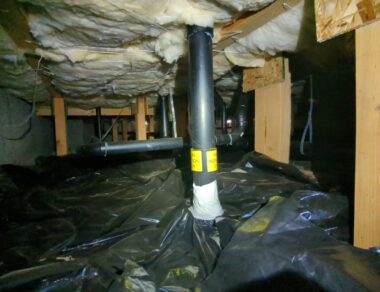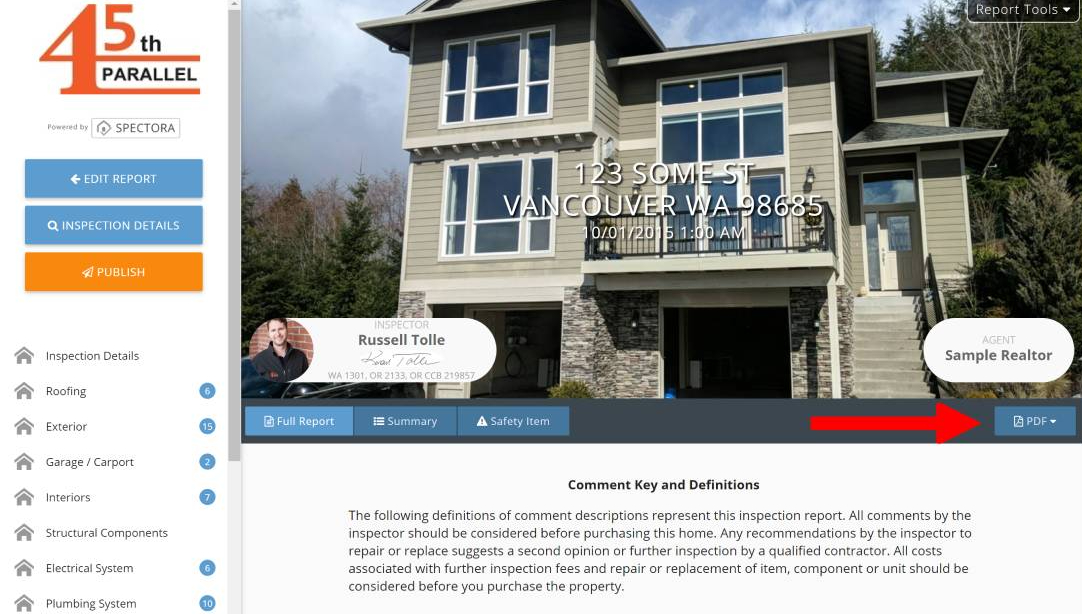
When it comes to buying or selling a home, one critical step that shouldn’t be overlooked is a professional home inspection. Whether you’re a home buyer, a seller, or a real estate agent, understanding what’s included in a detailed home inspection can help you make informed decisions.
At 45th Parallel Home Inspection, our certified home inspectors provide comprehensive evaluations to ensure that every aspect of your home operates properly and meets safety standards. In this blog, we’ll explore what is included in a detailed home inspection, highlight the key areas inspected, and explain how this process benefits all parties involved.
Key Areas Covered in a Home Inspection
Structural Components
A thorough home inspection includes evaluating the structural integrity of the property. This includes:
- Foundation: Inspectors look for cracks, settling, or any signs of structural damage that could indicate potential problems.
- Walls and Ceilings: Checking for cracks and any signs of stress or shifting.
- Roof: Inspectors examine the roof exterior looking for sagging or signs of issues, and the roof’s structure in the attic looking for signs of stress or damage.
- Crawl Spaces: Beams, posts, joists, and all parts of the structural flooring of the home are inspected looking for signs of structural issues.
Exterior Elements
The exterior of the home is just as important as the interior. Inspectors will assess:
- Siding and Trim: The inspector will check for damage, incorrect installation, signs of leaking, gaps or holes, clearance from grade, and signs of decay.
- Windows and Doors: We check the exterior looking for incorrect installation, gaps around them, and damage. The interior is inspected ensuring they operate properly and checking for missing or damaged weather stripping. Windows in bedrooms are of particular interest due to the issue of emergency egress.
- Decks: It is a fact that nearly 100 percent of decks have deficiencies, particularly older decks. There are often safety-related issues with decks such as railing and stair deficiencies. A deck has a lifespan just like a roof, and many decks we inspect are due for replacement.
Plumbing Systems
A detailed inspection of the plumbing system includes:
- Water Heaters: Checking for leaks, operability, age of appliance, and overall condition.
- Sewer Lines and Septic Tank: Looking for leaks in the crawlspace and in the home, and for proper sloping of drain lines to ensure proper drainage. Older cast iron piping sometimes is completely rotted out leaking holes in the piping.
- Visible Water Distribution Piping: Inspecting for leaks, corrosion, and good water flow. We also look for problematic plumbing piping such as Polybutylene water piping.
Plumbing Fixtures: Every accessible plumbing fixture is operated. This includes sinks, showers, bathtubs, toilets, and bidets. We do not operate water shutoff valves, however.
Electrical Systems
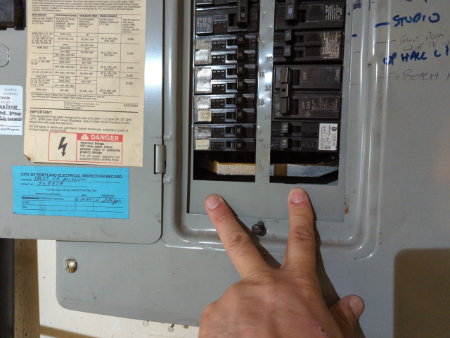 The electrical system is a critical aspect of any home inspection. Inspectors will check:
The electrical system is a critical aspect of any home inspection. Inspectors will check:
- Electrical Panels: Looking for faulty or incorrect wiring, homeowner or non-professional type of wiring, scorching, damage, or pest intrusion into the electrical panel.
- Visible Wiring: Inspecting for frayed or exposed wires that could pose a shock hazard, open junction boxes, proper supporting, old knob and tube wiring, especially knob and tube buried in insulation which is a fire hazard.
- Outlets and Switches: Checking for functionality and proper wiring.
HVAC Systems
Heating, ventilation, and air conditioning systems are vital for home comfort and safety. Inspectors will evaluate:
- Furnace and Air Conditioning Units: Visually inspecting the condition, checking for proper operation, age, and if it appears it has been maintained. Please note that some units will only be operated temperature permitting. Air conditioners are not operated below 60 degrees, and heat pumps will not be operated in heat mode in extremely hot weather. They will be visually assessed only and recommended for servicing.
- Ductwork: Looking for proper support in the crawlspace and other areas, checking for dirty ductwork full of debris and pet hair, and inspecting for damaged or drooping ductwork in hidden spaces.
- Filters: Inspecting the condition of the filter(s) if accessible and present. Extremely dirty filters often indicate a lack of routine maintenance.
Interior Components
The interior of the home is thoroughly inspected, including:
- Floors, Walls, and Ceilings: Checking for signs of water damage, cracks, and other issues. Cosmetic issues are ignored, and not commented upon.
- Attic and Insulation: Inspecting for proper insulation, ventilation, and signs of pests or water damage. While not performing a pest inspection, we do often see signs of pests in attics and will tell you if we do.
- Windows and Doors: Again, ensuring they operate properly and checking for any issues that could affect energy efficiency or security.
- Kitchen Appliances: Major appliances such as ovens, range tops, dishwashers, food waste disposals, built-in microwaves, and the kitchen hood vent to ensure they are in working order.
The Home Inspection Report
After the inspection is complete, 45th Parallel provides a detailed home inspection report. This report is a comprehensive document that includes:
- A Summary of Findings: Highlighting major issues and potential problems that need attention.
- Photos: Many photos of the areas inspected, including any defects or concerns found. We try to make it as easy as possible for our clients to understand what we’ve found and for contractors to zero in on necessary repairs we discovered.
- Recommendations: Recommendations for repairs, replacements, or further evaluations by specialists.
- Overall Condition: An overview of the home’s overall condition and any areas that may require monitoring.
What’s Included in a Detailed Home Inspection: The Benefits
 For Buyers
For Buyers
A detailed home inspection helps home buyers understand the true condition of the home before finalizing the purchase. Using the inspection report to negotiate repairs or price adjustments with the seller or identifying potential problems that may require attention soon make for a more informed home-buying decision.
We recommend always having a review by contractors for recommended repairs and any further inspections to more fully understand the scope and cost of potential repairs and replacements so you can make the most effective and informed decisions.
For Sellers
Home sellers can benefit from a pre-listing inspection by addressing any problems before listing the home (a pre-listing inspection) or a home appraisal, making it more appealing to buyers. Understanding the home’s condition allows you to set a competitive and realistic price and build trust with a potential buyer that you have taken the transaction seriously.
Full disclosure of discovered repair needs along with receipts from licensed contractors will build trust with potential buyers making it less likely for them to walk away from the transaction. It will also reduce the likelihood of surprises during the buyer’s inspection, leading to smoother negotiations and faster closing.
For Real Estate Agents
Real estate agents benefit from home inspections by providing clients with a detailed, professional home inspection report that builds trust and confidence. By helping both buyers and sellers understand the home’s condition, you can spearhead smoother and faster transactions.
Working with experienced, licensed, home inspectors–such as 45th Parallel Home Inspection enhances your reputation for thoroughness and professionalism. Our goal is for our realtor partners to always get a thank you from your client for recommending 45th Parallel as one potential home inspector company they might want to consider using.
Common Questions What’s Included in a Detailed Home Inspection
1. What is the typical home inspection cost?
The cost of a home inspection can vary depending on the size and age of the home, as well as the location. On average, home inspection costs start around $500 for single-family homes and go up depending on size, age, location, and complexity of the inspection. It’s a worthwhile investment considering the potential problems it can uncover. In our experience, our customers usually always gain far more in negotiations than what they pay for the home inspection making it a very good investment.
2. What does a home inspection sales contingency mean?
A home inspection sales contingency is a clause in the purchase agreement that allows the buyer to have the home inspected within a certain period of time along with doing other due diligence items such as having an appraisal, and having contractors review issues discovered during the home inspection and provide estimates for cost of repairs. If significant issues are found, the buyer can negotiate repairs or even back out of the deal without penalty.
3. How long does a home inspection take?
A typical home inspection takes about 2-4 hours, depending on the size and complexity of the property. Larger homes or those with more intricate systems may take longer.
4. Are all inspectors licensed and insured?
The states that we work in, Washington and Oregon, require home inspectors to be licensed. We also carry sizeable insurance to help protect our clients and 45th Parallel from unforeseen circumstances. At 45th Parallel Home Inspection, all of our inspectors are licensed in the states they perform inspections in, and covered by insurance.
5. What should I do if the inspection reveals significant issues?
If significant issues are found, you can negotiate with the seller to have them repaired before closing, ask for a price reduction, or, in some cases, walk away from the deal if the issues are too severe. You have the right to negotiate whatever you like in the sale, your realtor professional can assist you with what is typical in the current market landscape.
A professional home inspection is an invaluable tool for buyers, sellers, and real estate agents. At 45th Parallel Home Inspection, we pride ourselves on providing thorough and detailed inspections that give you the information you need to make informed decisions. Whether you’re buying a home, selling a home, or just want to get an idea of the shape of your home, contact us today to set up an inspection. Let us help you ensure your home is safe, sound, and ready for the future.
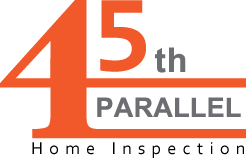
 For Buyers
For Buyers
